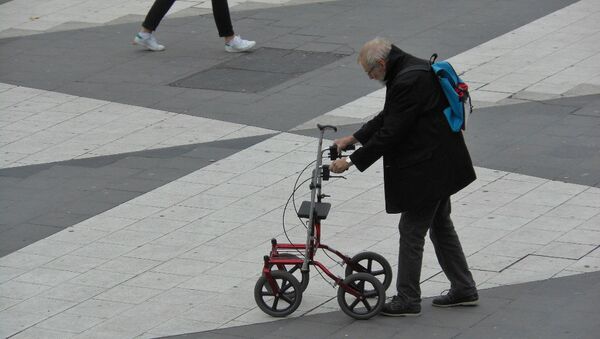"To establish a diagnosis is like [assembling] a puzzle where you need to collect all types of information. We need all the support we can get," says Miia Kivipelto, Clinical Professor of Geriatric Epidemiology at Karolinska University Hospital.
Her research team will assist researchers from the Royal Institute of Technology in Stockholm to develop the memory tests that the robot should be able to administer to patients. The researchers received a grant 22 million SEK grant (roughly 2.6 million USD) to develop existing robots into tools for dementia care. Later, the robots will be paired with real patients at Karolinska University Hospital's memory clinic in Stockholm.
It has already been established that Alzheimer's begins to affect the brain 20-30 years before a diagnosis can be made. By allowing the robot to move in with to the patients, Miia Kivipelto hopes to be able to detect cognitive impairment earlier than is possible today. This would have a significant effect on the patient's prospects. At present, dementia cannot be reverted, however, there are ways to slow it down and partially relieve the symptoms.
According to Professor Hedvig Kjellström, a complete anti-dementia robot may be available five years from now.
Today 160,000 Swedes (out of less than 10 million) suffer from dementia. Their symptoms include memory loss, speech impediments and difficulties interpreting one's surroundings.





